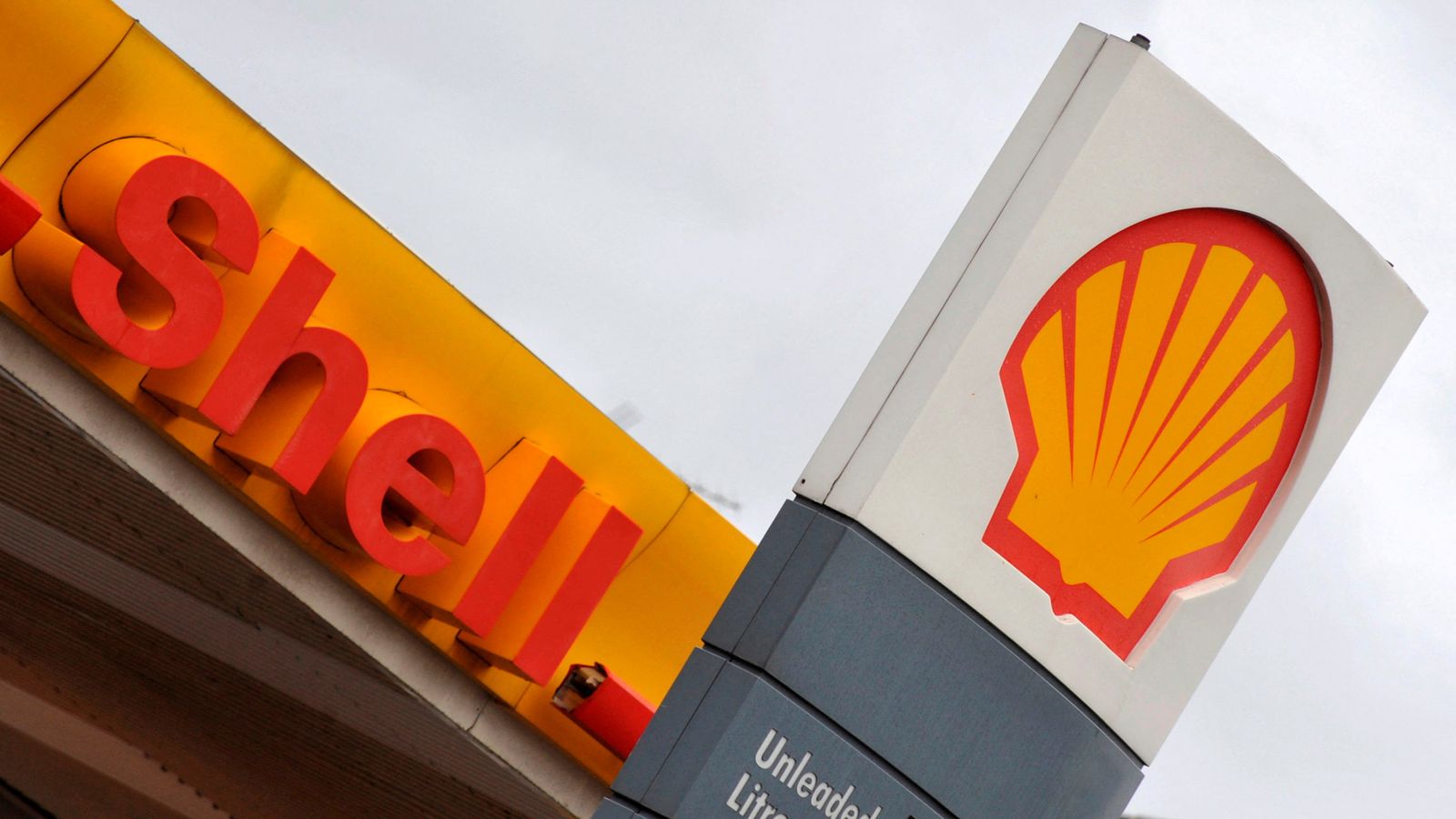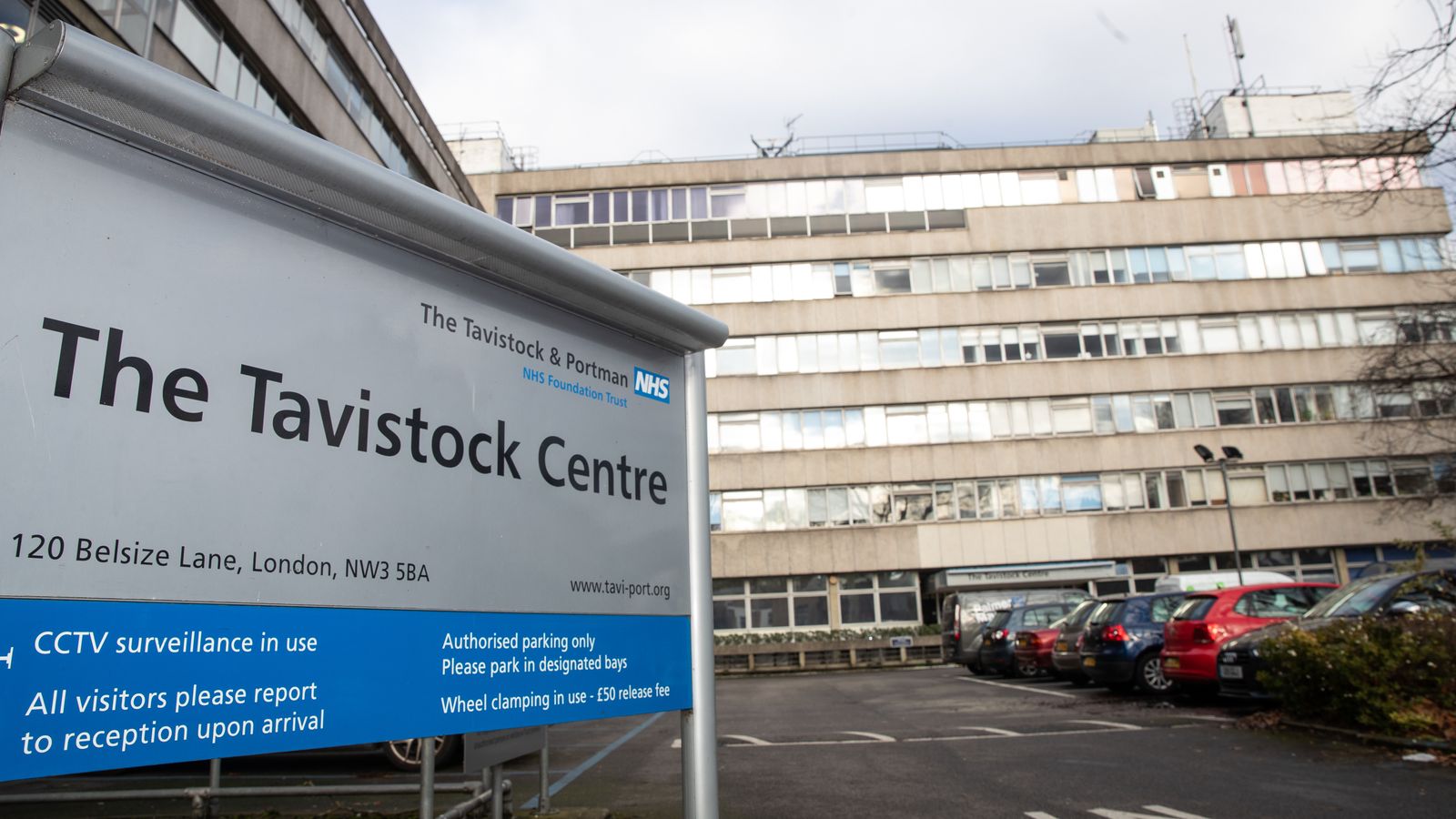Doubtless news of record earnings at Shell and a sharp rise in earnings at Centrica will be met with shrill complaints from the usual quarters about “obscene profits”.
So it is important to put these results in context.
Shell, which reported adjusted earnings – the industry’s preferred measure – of $11.5bn for the three months to the end of June, deals in global commodities. The prices of these are set globally by the forces of supply and demand, and the fortunes of businesses like Shell rise or fall on that basis.
The company accordingly made a loss of nearly $20bn in 2020 when the oil price collapsed at the height of the pandemic.
But is it as simple, then, as just sitting back and watching the profits roll in when oil and gas prices surge in the way they have done this year?
Not at all.
As Ben van Beurden, Shell’s chief executive, pointed out on CNBC this morning, the oil price was trading at the elevated levels that it has been this year during the first half of 2013, yet Shell’s profits are higher this year than they were then. That reflects, he argued, a lot of “hard work” and was certainly “not a windfall”.
Energy giants Shell and Centrica enjoy soaring profits as prices rise
British Gas owner moves to end gas purchases from Russian suppliers after Ukraine invasion
British Gas chief to give up £1.1m bonus as households face bill surge
Oil and gas have to be extracted from parts of the world – deep under the ocean, for example – in conditions that are inhospitable and dangerous. Shell firstly has to find that oil and prove that it can be extracted safely and economically.
That latter factor is crucial. Of the North Sea’s oil reserves, roughly one-third has been extracted, roughly a third can be extracted and the remaining third will probably never be extracted because it is too expensive to do so.
Shell’s job is to produce oil and gas as safely and cost-effectively as it can, increasingly as sustainably as it can, before turning them into refined products and distributing them to consumers.
That requires vast sums of capital – and a fair proportion of the earnings Shell has reported today will be recycled into such activities.
Shell’s capital expenditure in the latest three months was $7bn and it was $5.1bn in the three months before that. It will be the same for the rest of the year: Shell said this morning that capital expenditure for the whole of 2022 will be between $23-$27bn.
Shell is not a charity
One reason why oil and gas prices have been at elevated levels this year is that, as the west has foresworn Russian crude in response to Vladimir Putin’s invasion of Ukraine, there is less of it available elsewhere.
Accordingly, it is important that companies like Shell continue to make a profit, in order to invest to that extent in future -and providing an element of energy security. It also needs to carry on recycling its profits into the transition to net zero that people and governments around the world are demanding.
Mr van Beurden noted: “We are using our financial strength to invest in secure energy supplies which the world needs today, taking real, bold steps to cut carbon emissions, and transforming our company for a low-carbon energy future.”
Ah, say critics, but isn’t Shell profiteering on the backs of hard-pressed households and motorists?
In a word, no. UK consumers account for a negligible part of Shell’s overall global profitability. The main reason petrol prices are at the level they are in the UK is because of government taxation.
Read more:
Shell and Centrica enjoy soaring profits as prices rise
Everything you need to know about windfall tax
Energy price cap expected to double in January, experts warn
Of course, that is not the whole story. Shell is not a charity and part of its purpose – apart from providing the fuel that helps light our streets, warm our homes and power our transport systems, offices and factories – is to reward the shareholders who have given with their money. Those shareholders, of course, will be almost anyone in an occupational pension scheme, with a life policy or with a stocks and shares ISA. Tens of millions of people in the UK and around the world have entrusted the company with their savings.
To that end, Shell also announced plans today for a $6bn share buy-back, reflecting Mr van Beurden’s view that Shell’s shares are undervalued – although, interestingly, there was no increase in the dividend.
Wholesale price rises have caught out British Gas
The other company under the microscope today for its earnings is Centrica, the parent company of British Gas, the UK’s largest household energy supplier.
Here, again, the situation is more nuanced than it first appears.
Centrica’s half-year operating profits rose to £1.3bn from £262mn in the same period last year, largely due to higher wholesale gas and electricity prices. Centrica’s assets include the Morecambe Bay gas field and a 20% stake in the UK’s remaining nuclear power stations.
But operating profits at British Gas itself actually fell by 43% during the period and there are good reasons for that.
Responsible suppliers try to buy in advance as much of the gas that they expect households to demand, whereas the myriad of suppliers to have collapsed during the two years were buying it on the ‘spot’ market. That worked well when wholesale energy prices were falling – and meant they were cheaper than the likes of British Gas, EON and EDF Energy – but meant that, when prices rose, they were caught out.
Yet those wholesale price rises have also caught out British Gas. One reason its profits fell was because the energy price cap changes only twice a year – so any sudden increases in wholesale costs could not be passed on to households. The second factor is that, as unprofitable rivals collapsed, remaining household suppliers like British Gas were obliged by the regulator to take on those customers. In the case of British Gas, it took on 150,000 such customers in the first six months of the year, mainly former customers of the collapsed Together Energy. That was on top of 550,000 taken on during 2021.
Because it is obliged to take on these customers at short notice, it is unable to hedge the cost of supplying them in advance, which effectively leaves it doing so at a loss in some cases. That is why profits at British Gas fell during the first six months of the year.
Profitable banks are infinitely preferable to loss-making ones
Chris O’Shea, the Centrica chief executive, noted today that the average profit per household customer at British Gas is around £6. Put in the context of the current household energy price cap of £1,971 and it is clear that British Gas is hardly making merry at the expense of household customers.
And, again, bear in mind the need to invest. Centrica is a major player in liquefied natural gas (LNG) – one of the main ways in which Europe will be warming its homes this winter as Vladimir Putin continues to weaponise Russian gas. Some of the profits Centrica reported today will be recycled into securing LNG cargoes arrive in the UK safely and can be regassified at its facility at the Isle of Grain. It is possible some of them will also be recycled into reopening the Rough gas storage facility in the North Sea – another crucial contribution to the UK’s security of energy supply.
These are hugely important activities that consume capital and, accordingly, show the importance of companies like Centrica remaining financially healthy.
People used to grouse about banking profits until they learned, in the financial crisis, that profitable banks are infinitely preferable to loss-making ones.
The collapse of dozens of household energy suppliers ought similarly to have taught the public that it is far more desirable for household suppliers like British Gas and its parent company to remain profitable.











